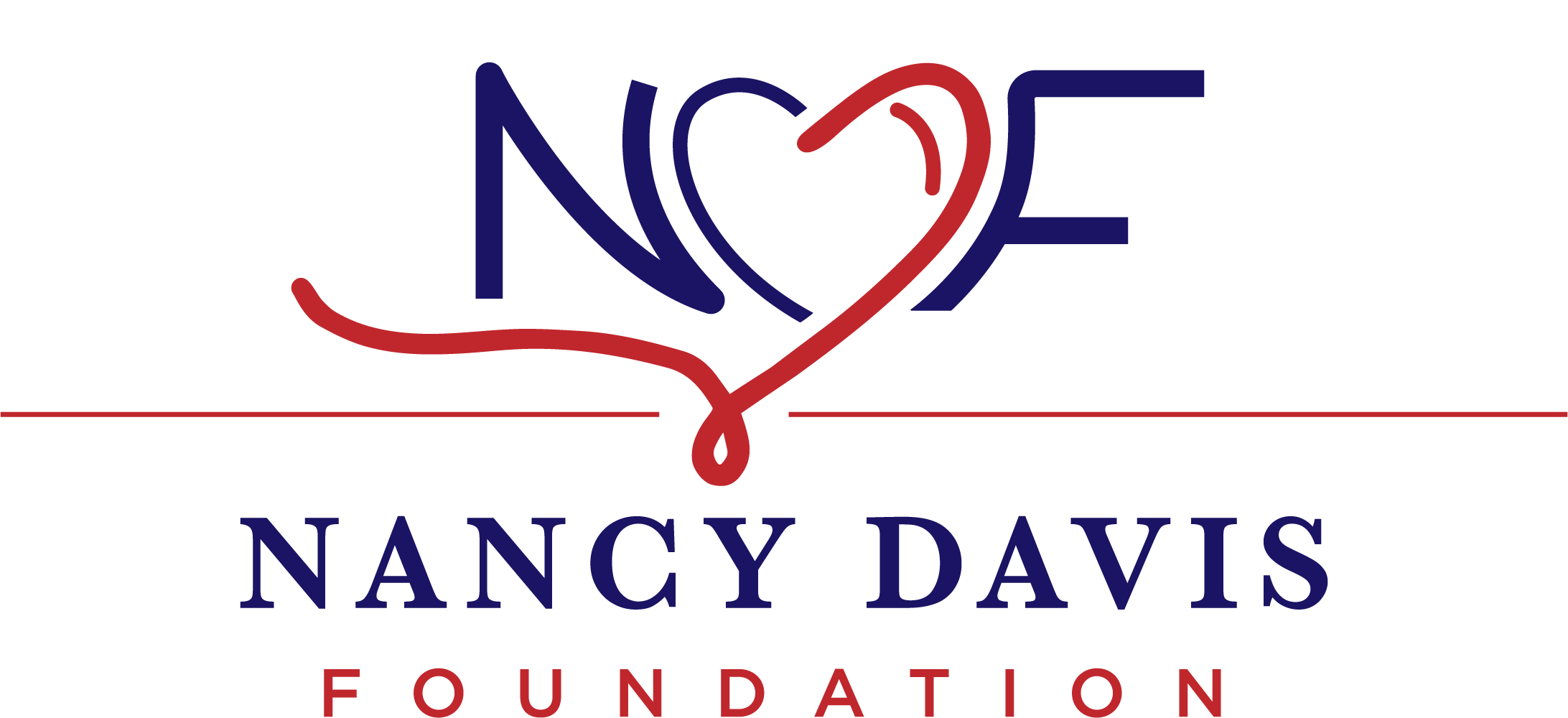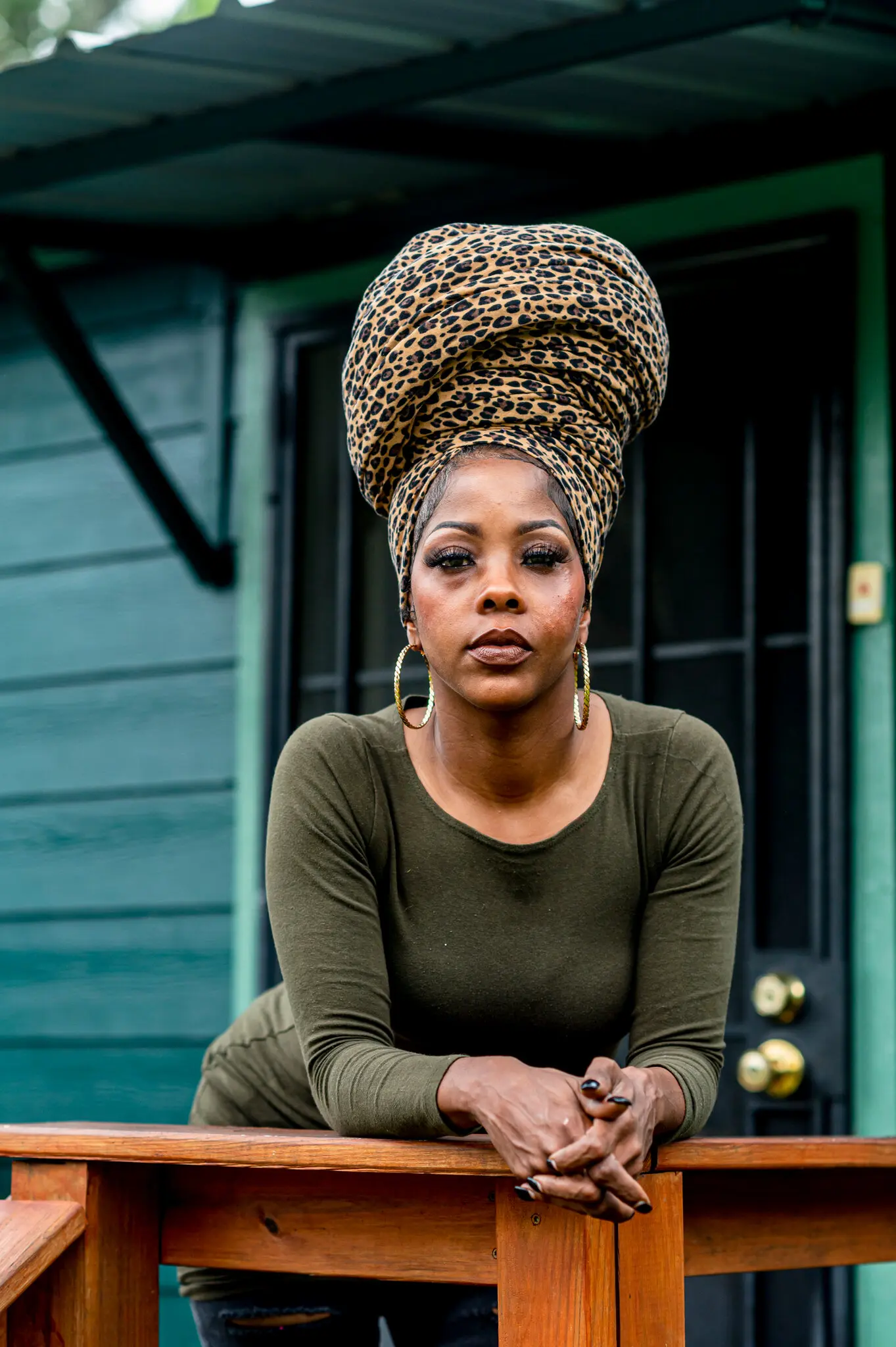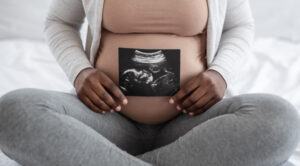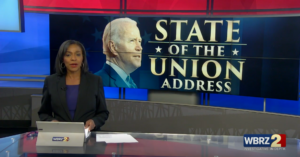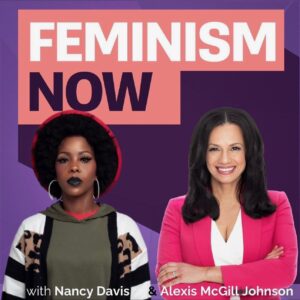With the procedure now prohibited in many states, the city is advertising its abortion services in Georgia, Texas and Florida.
Nancy Davis traveled from Louisiana to New York City to receive an abortion.
When Nancy Davis of Baton Rouge, La., learned last summer that the fetus she was carrying had a rare and fatal condition, her anguish was compounded by the chaotic legal terrain surrounding the abortion ban in her state. A local abortion clinic had shut down, and her hospital refused to perform the procedure, despite an exception in Louisiana law for pregnancies deemed “medically futile.”
Ms. Davis, 37, ended up traveling more than 1,300 miles to New York City for an abortion.
“New York was most accommodating, and their laws were clear,” said Ms. Davis, who was 16 weeks pregnant at the time of her abortion. “I was too far along to even go to North Carolina or even Florida.”
Ms. Davis is among an increasing number of people who local abortion rights groups say have turned to New York City in the months since the Supreme Court ended the constitutional right to abortion, leaving states to establish and enforce their own laws. It is a development that the city government is actively encouraging.
Most abortions are now banned in 13 states; Georgia bans abortions after six weeks of pregnancy, before many women know they’re pregnant. And fights over access are continuing in courtrooms across the country, where restrictions have been challenged. Last week, two federal judges reached opposite conclusions about the legal status of mifepristone, the first of two drugs used in most medication abortions.
In the meantime, many people who now live in places where abortion is illegal or severely restricted have been traveling out of state for the procedure, even as the overall number of abortions has plummeted.
States that have seen increases in abortions include those closest to areas where the procedure is now prohibited, such as North Carolina, Illinois and Michigan, according to a report released on Tuesday by WeCount, an abortion-tracking project sponsored by the Society of Family Planning, which supports abortion rights.
But even farther away, in New York, groups that assist people seeking the procedure say they have seen an increase in out-of-state patients.
New York has long been a safe haven for people seeking an abortion: The state legalized the procedure in 1970, three years before the Supreme Court’s Roe v. Wade decision. In 2019, New York passed legislation that protected abortions in later stages of pregnancy, and in 2022 it passed additional bills supporting providers. The state also has an interstate shield law, which protects providers who perform abortions for out-of-state residents.
And on Tuesday, Gov. Kathy Hochul announced that New York State would stockpile 150,000 doses, a five-year supply, of misoprostol, the second drug used in the two-drug abortion regimen. Misoprostol, which was not affected by the recent court rulings, can be used on its own for abortions but is considered somewhat less effective than when taken with mifepristone.
To get the word out about its services, the New York City Health Department has spent $138,370 on 36 billboards that went up in January in Georgia, Texas and Florida, encouraging people to visit New York’s Abortion Access Hub, a website and hotline that were created in November and help people locate abortion providers and financial support. “Abortion. Safe + Legal For All in New York City,” the billboards read, alongside a photo of the Statue of Liberty.

“It’s really a manifestation of our commitment to reinforcing that abortion is health care, access to abortion is a public health issue, and our city is committed to making it available to all,” said Dr. Ashwin Vasan, New York City’s health commissioner.
In many cases, women from other states choose to come to New York specifically because they are further along in their pregnancies; abortions are legal in the state through 24 weeks of pregnancy, and beyond that when the woman’s health is at risk or if the fetus is not viable.
The New York Abortion Access Fund, which pays clinics directly for low-income patients’ abortions, “immediately saw an influx of out-of-state callers” after the Supreme Court’s ruling in Dobbs v. Jackson Women’s Health Organization last June, said Chelsea Williams-Diggs, the organization’s interim executive director.
The fund now has four separate call lines: a Spanish-language line and three English ones, for New York City residents, residents of other parts of the state and out-of-state residents.
The majority of people seeking help from the fund are New Yorkers, Ms. Williams-Diggs said. But since the Supreme Court ruling, the fund has helped people from 29 states and Washington, D.C., as well as six other countries.
Right after the ruling, the majority of out-of-state callers phoned in from Ohio, which had a ban at the time (it was later blocked by a judge). Now, the majority of out-of-state callers are from Texas, Florida, Georgia and Pennsylvania, where abortion remains legal but where certain restrictions are in place, Ms. Williams-Diggs said.
The fund has helped 75 people from Texas get abortions since the Dobbs decision, 63 from Florida and 23 from Georgia.
Ms. Williams-Diggs said she was proud that officials were “passionate and committed to making New York an access state,” but she noted that the fund was struggling to keep up with the surging demand.
Last year, the fund spent $1.2 million to help 1,800 callers, compared to just over $500,000 in 2021, Ms. Williams-Diggs said. This year, the organization is on track to spend more than $2 million, a figure she said was concerning because “we just simply don’t have that money in the bank.”
Some funding will come from the city government. The New York City Council in September 2022 announced plans for $1 million to be split evenly between the New York Abortion Access Fund and the Brigid Alliance, a nonprofit that helps people with the logistical costs of an abortion such as transportation, meals and child care.
In the six months after the Dobbs decision, the Brigid Alliance saw a nearly sixfold increase in the number of people requesting help traveling to New York City from out of state, said Serra Sippel, the interim executive director.
Clinics referred 133 patients to the organization from August 2022 to February 2023, compared to 23 from August 2021 to February 2022. Most of the people traveling to New York City were from Texas, Florida and Georgia.

“I think we’re in a brave new world and we’re all trying to figure out what this new landscape will look like, in terms of demand and both volume of demand, but also shifting demand to safe havens like New York City,” Dr. Vasan said.
Ms. Sippel said her nonprofit has had to hire additional coordinators to keep up with the demand.
“We need as many ways as possible to get the word out to people in states where they are banning abortions,” Ms. Sippel said. She said it was important that people “know that New York is there and is going to help people get the services that they need and deserve and have a right to access.”
New York’s out-of-state billboard campaign, first reported by the Augusta Chronicle in Georgia, is not the only such effort by liberal jurisdictions in the wake of the Dobbs decision.
Gov. Gavin Newsom of California also purchased billboards in states where abortion has been restricted or banned, using money from his election fund. A New Jersey business group, Choose New Jersey, purchased billboards in Georgia, Florida, Missouri, and Texas touting the garden state’s “laws that protect women’s rights.”
The states that have banned abortions have not been exactly pleased by the campaigns.
“This is the biggest waste of government resources since Andrew Cuomo’s trip to Savannah to lecture us on Covid!” Garrison Douglas, a spokesman for Gov. Brian Kemp of Georgia, said in an email. Mr. Cuomo, then the governor of New York, visited Savannah in 2020 and held a round-table discussion with local leaders about the coronavirus pandemic.
But for women in Southern states trying to access abortions elsewhere, learning what is available where can otherwise be challenging.

Ms. Davis said she did a lot of research once she learned she couldn’t get an abortion in Louisiana. She and her partner landed on Planned Parenthood of Greater New York, which reached out to the Brigid Alliance on their behalf.
“They were literally like a breath of fresh air for us,” Ms. Davis said. “They actually took some stress off and took the load off by booking flight tickets, paying for child care, providing meal stipends.”
“I felt grateful because during that particular time, we were in a really, really dark place,” Ms. Davis said. “Honestly, we didn’t know if we were coming or going.”
Lola Fadulu is a general assignment reporter on the Metro desk.
